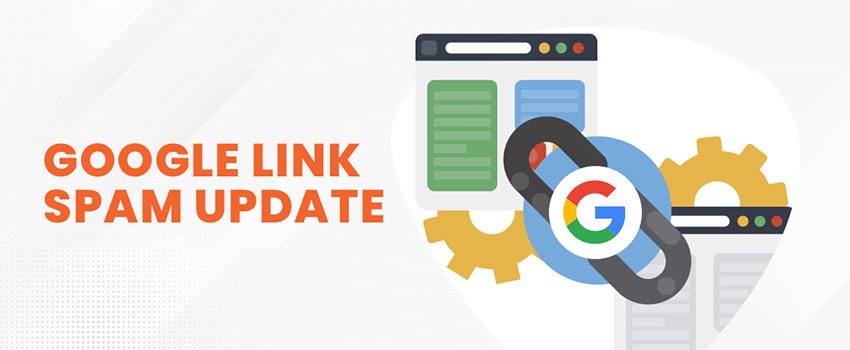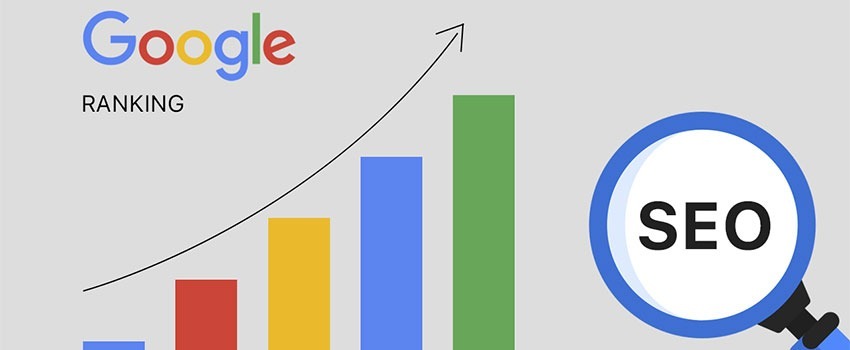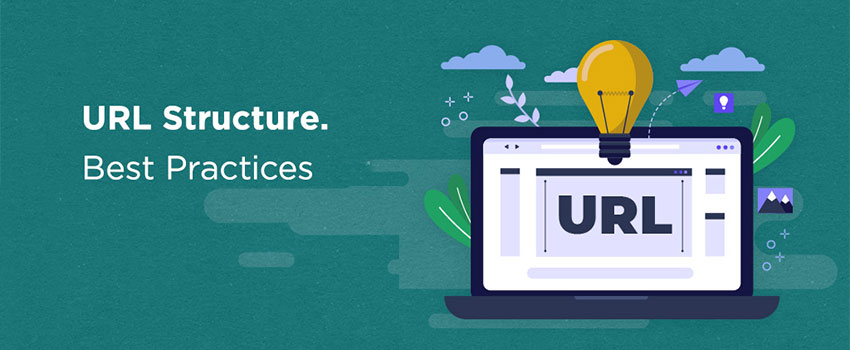Google’s AI Written Meta Descriptions – What You Need to Know
Google is testing the use of automatically generating AI meta description for pages. The is not just the same with its previous way of re-writing meta descriptions where it uses some piece of content from the page to replace your already written meta description, rather, this will be an AI written meta description.
Google will now generate its own meta description based on what it considers most appropriate for search intent. When your page uses the AI generated meta description, it means what users see in search will no longer be some piece of information generated from your copy but what will come from AI.
Key Takeaways From The AI Written Meta Descriptions
1. Search is Changing
Fundamentally, the introduction of the AI mode reinforces the notion that search is changing and more changes should be expected in future. We recommend that content creators should focus on user intent and should write to provide the answers users seek – search intent.
2. Writing Meta Descriptions May No Longer Be Necessary
The introduction of the AI generated meta descriptions would potentially mean that it is unnecessary to write meta descriptions for pages, when Google can always do it for you, and of course, do it even better. Writing for SEO, a lot of people spend time on meta descriptions. The AI mode simply means that it may not be necessary doing that anymore.
3. Google May Not Always Write Your Meta Description
While it is now clear that Google wants to write meta descriptions for pages and be user focused, the AI mode does not mean that Google will always do so. There is still room for you to craft your desired meta description. However, it is not certain that Google will display your copy.
4. Context is Important For Meta Descriptions
Google’s emphasis on user intent means that meta descriptions must be very clear to provide the right context so that Google an very well understand both context and properly categorize your page for the relevant search results.
5. It Could Address Duplicate Description Issues
Some content management systems (CMS) like WHMCS do have issues with SEO and duplicate meta descriptions. For example, the product page to come with similar titles and descriptions despite offering different products. The new AI mode could effectively address this by using writing different description for the different products offered. The different product name, prices and product features could help Google understand that the offerings are different and trigger a re-writing of the meta descriptions.
Read more:
10 Costly Search Engine Mistakes to be Avoided
A Guide to Google Website Ranking
Mata Description Is Not a Ranking Factor, Why Is Google Still Interested
For many SEO practitioners, Google should not place much importance to meta description since it is not a ranking factor. Many will question why Google still places importance, and obviously, showing some priority to how it is written. The fact is that this short snippet is an important piece of content and relevant to Google SEO. Here are a couple of reasons you should still pay attention to it.
Importance of Meta Descriptions
1. It Appears in Search
Meta description is still a relevant component of Search Engine Optimization (SEO) and appears in the Google Search Engine Results Pages {SERP} and that means it is part of the content that users process before they click a page. Therefore, the content displayed in the description snippet can affect click-through rates – note that click-through rates are a ranking factor.
2. It Affects Clickthrough Rate
The clickthrough rate is the number of clicks your website receives divided by the number of times it appears in search results. If we agree that the essence of SEO is to appear prominently in the Google search or any other search engine, we will agree that it all ends up with how many visitors the search engines bring to a website that actually matters. So, even if you appear in the search but visitor do not click to visit your website, it suggests that you have not done something right and your displayed snippets are not pulling traffic, as they should. A good meta description is one way to get the clicks that suggests to Google that your website displayed content impresses users and is of good quality to stay in its top position or even rank better.
4. It Summarizes Your Page to Users and Search Engines
Meta descriptions presents the first opportunity for users to and to search engines and that help users determine the content relevance relative to its search intent and also will help search engines understand the content and how they should be ranked. Essentially, therefore, meta descriptions could indicate content quality and relevance.
Further reading:
Important Google Analytic SEO Metrics You Need To Take Very Seriously
Useful Analytic Tools that Will Improve Your SEO
How To Write Good Meta Descriptions
Keep in mind that the introduction of the AI mode to writing meta descriptions does not mean Google will no longer be using the descriptions you have crafted for your web page. What it simply means is that Google may change it to be more user focused and relevant to search intent. This also implies that the AI generated meta descriptions may serve better SEO purposes and become more beneficial that the original descriptions you may have written.
So to have your meta descriptions not to be over-written by Google AI, here are some key considerations you need to keep in mind while writing your meta descriptions.
A Guide to Writing Good Meta Descriptions
- Research Your Targeted Keywords. You must be using the right keywords in your content. To perform well with your choice of keywords, they should be well researched and organized for optimal visibility in the search engines. In this respect, you must avoid keyword stuffing and be very mindful of exact match keyword usage. It is better to use keywords in natural language and in broad match variations or partial match rather than exact match. Please note that where it is unavoidable, it will not be wrong to use the exact match keywords.
- Stick to Optimal Length. Although there is no hard rule on what should be the length of meta descriptions, it is generally acknowledged that optimal length of meta descriptions should not be more than 160 characters. It is also important to have a minimal length for meta descriptions. This minimal length can be 70 characters. As a rule, your meta description should describe your page adequately and give a concise understand to your readers on what the page is all about. However, it is recommended that you keep it under 160 characters.
- Use Call to Actions. Call to action are required in content to promote interactions. They will get users to perform some desired activity like click a buy now button, click a read more, share a content or learn more about a post. Call to action buttons will motivate the user to act in a way that the content writer desires.
- Make it Relevant. Keep in mind that meta descriptions help Google understand your page and therefore, it should be very relevant to your targeted keywords and audience. Make the best use of the limited space and communicate clearly on benefits and advantages of your offer.
- Make it Unique. Ensure that meta description for any page is not duplicated. Duplicate meta descriptions pose a problem for Google understand of what pages are all about and their differences thereby creating the problem of cannibalization and which page to really rank for the relevant keyword.
- Avoid Special Characters. Avoid the use of special characters like hyphens, brackets, semi-colons, and asterisks. It has been observed that using these characters can sometimes trigger a re-writing of your meta description, especially when they are over-used.
Read more:
Google Exact Match Keyword Penalty Explained
Enhance your search engine performance in simple steps
Should You Always Bother About Writing Meta Descriptions?
From the discussions so far, you will see that meta descriptions are relevant for SEO performance. However, there are cases where you have difficulties and it may not be necessary to write meta descriptions.
Imagine that you run a blog of some 500 articles and just find out that you have not been writing descriptions for every page. You now realize that some 350 pages do not have meta descriptions. What do you do? Do you go back to start writing descriptions for every page? That may not be a good idea nor does not seem to make sense in respect of optimal use of your time. In such cases, relying on the auto generated meta descriptions is a good idea.
Another case is if the page is not ranking well and therefore not pulling traffic to your site. In that case, you may as well simply save your time and not bother crafting a meta description for such page.
Also read:
How to recover from a Search Engine ranking drop
Google Exact Match Keyword Penalty Explained
Can a Webpage Rank Well Without a Meta Description?
A simple answer to this question will be yes. Additionally, it should be noted that the meta description is not a ranking factor. Most top ranking pages do not have a well crafted meta description and are actually using the Google auto-generated meta description. This does not mean that you should ignore this critical snippet, especially on critical pages. Having a well crafted meta description can help clickthrough rates and you need to take advantage of this opportunity especially on the top ranking pages of your website.
It is important to have the meta description on some critically important pages. While Google will always write a meta description for your page, if you omit it, we recommend you should never omit a meta description for some very important pages. These pages would include: Home page, product page, and services page.
Also read:
Reasons Why Small Businesses Fail
What is an SEO Audit, and How Can It Help Your Business?
Final Words
The news of Google launching the AI meta description is SEO friendly improvement to how Google support web pages to improve there performance in the search engines. It is an update that does not pose any challenge to how websites will rank, rather, it will invariably help websites improve clickthrough rates and improve rankings in the search engines. If you find changes to your website display in the search engines, you need not worry about it.
Google has also been very clear that the meta description is still not a ranking factor and these changes does not suggest a change in that policy. The recommendation is that you keep working on improving your website user experience and do not bother about re-writing your website meta description especially if you have large number of pages.













